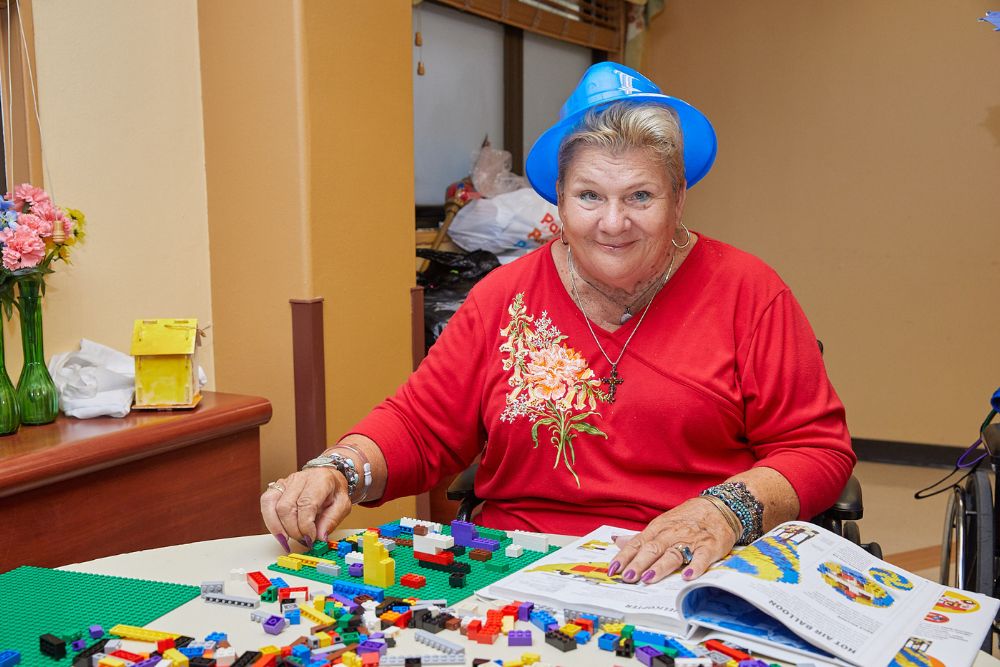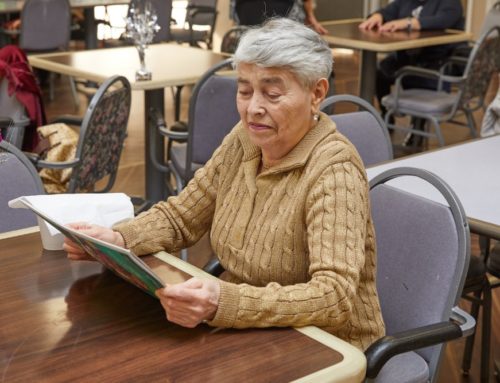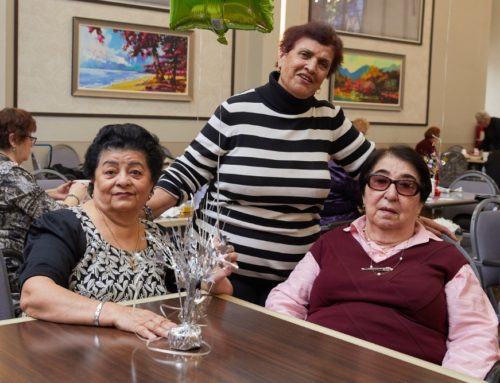Aging Joyfully: How to Stay Happy as You Age
Aging is a natural part of life. While it comes with a wealth of experiences and memories, maintaining your happiness as you grow older can require intentional effort and mindful practices. Another challenge to staying happy as you age is that many elderly people have to face neurological conditions. As such, it’s crucial that you make fun, therapeutic practices part of your routine to continue seeing aging in a positive light. Combining these practices with recreational activities will make it easier to see growing older as an opportunity to celebrate life’s experiences.

Practice positive self-talk to stay happy as you age
The words you speak to yourself can significantly impact your mental and emotional well-being. Positive self-talk is a powerful tool that can make it easier to maintain a positive outlook on life.
To make sure your internal dialogue supports your happiness, question the validity of any negative thought as it arises. Can you reframe it into a more optimistic viewpoint?
And, if a negative idea does form, treat yourself with kindness and understanding. Acknowledging your feelings and giving yourself grace will help you to stay happy as you age and grow older.
That said, don’t wait for negative thoughts to surface before you practice positive self-take. Creating a list of positive affirmations that you repeat daily is a proactive way to reinforce a positive mindset.
Try talk therapy
It’s never too late to resolve past issues and stay happy as you age. Even if you have no unresolved chapters, seeing a therapist can also be beneficial in your golden years. Talk therapy offers a safe and supportive environment for exploring your thoughts and feelings which can offer you a new perspective (and lease) on life.
You don’t necessarily need to go the route of individual sessions with a licensed therapist. Joining a support group can help you to connect with others who are facing similar challenges.
Practice gratitude
Showing more gratitude is another way to maintain a positive outlook on life. By making time to focus on the good things (no matter how seemingly insignificant), you can change how you view and experience life and enhance your overall happiness.
One way to do that is to create moments throughout your day when you pause whatever it is that you’re doing and take the time to find a beautiful moment in your surroundings. Instead of simply dedicating a few minutes each day to being more mindful about your surroundings, you can also take it one step further and write it down in a gratitude journal. This practice shifts your focus from what’s lacking to what’s abundant.
Stay active
According to a study, in a representative sample of older adults in the United States, a higher daily step count was strongly linked to lower rates of all-cause mortality. However, after accounting for total daily steps, step intensity showed no significant association with mortality.
Activities that stimulate your mind, body, and spirit are essential to staying happy as you age. Whether it’s socializing with friends or revisiting an old hobby, staying active can slow down the clock on aging.
Physical activities in particular can lift the mood. Exercise releases endorphins that create a general feeling of well-being. What’s more, exercising regularly will also help you to stay in shape, making it easier to continue enjoying the activities you love.
Volunteer work is another great way to fill your time and cup (as well as the cup of others). By giving back to your community, you’ll develop a sense of purpose and connection.
Embracing a fresh perspective on aging can inspire lasting lifestyle changes that bring joy and fulfillment as you grow older. Commit to these positive habits for the long term, not just as a quick fix, to stay happy as your age and improve well-being throughout your life.
Resources:
- National Institute on Aging: What Do We Know About Healthy Aging?
https://www.nia.nih.gov/health/healthy-aging/what-do-we-know-about-healthy-aging - National Library of Medicine, 2020 Mar 24: Association of Daily Step Count and Step Intensity with Mortality Among US Adult
https://pubmed.ncbi.nlm.nih.gov/32207799/ - John Hopkins Medicine, It’s Never Too Late: Five Healthy Steps at Any Age
https://www.hopkinsmedicine.org/health/wellness-and-prevention/its-never-too-late-five-healthy-steps-at-any-age
This article is for educational and informational purpose only and does not substitute for professional medical advice. For any questions about your own health condition, speak to a qualified physician or healthcare provider.







Leave A Comment